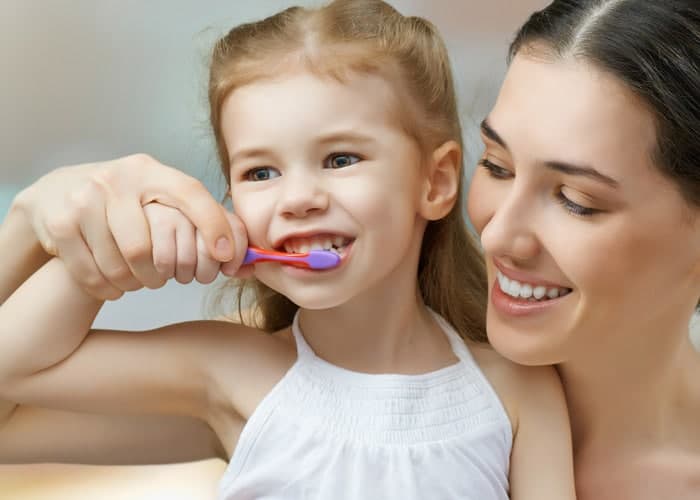Valentine’s Day Sweets
The holidays are a time for indulging in sweets, from candies to cakes to spiced ciders. Since many of these are rich in sugar, they can be quite hard on your teeth and gums. Of course, some sweets are worse than others, and a proper understanding of which are the least healthy from a dental standpoint can help you to assure better oral hygiene during the holiday season.
It’s not so much the sugar that harms your teeth as it is the length of time that the sugar is exposed to your teeth. It is better for your mouth to have a large amount of sugar pass quickly through your oral cavity than to have a small amount of sugar linger on your teeth for an extended period of time. Therefore, anything sticky, and anything that you suck on, like candy canes, toffee, and lollipops, is going to be worse than substances that are easy for your saliva to rinse away, like chocolates.
You can minimize the effect of sweets on your teeth by indulging only after meals, rather than snacking throughout the day. Contact our Issaquah dentist to learn more.


